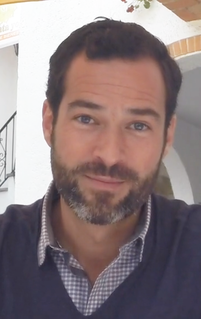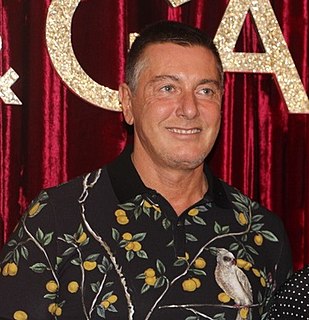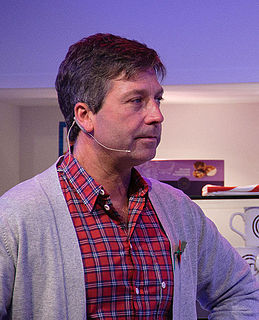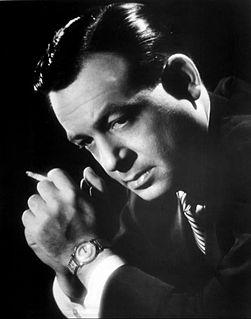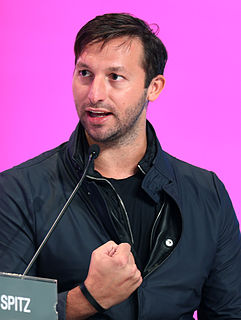A Quote by Andrew Solomon
The world changed, and the idea of having a family became feasible for homosexuals. But I was still left with the question as to what it would be like for a child to grow up with gay parents.
Related Quotes
My parents came from Calcutta. They arrived in Cambridge, much like the parents in my novel. And I found myself sort of caught between the world of my parents and the world they had left behind and still clung to, and also the world that surrounded me at school and everywhere else, as soon as I set foot out the door.
I grew up feeling that to be gay was a tragedy. I didn't grow up thinking that it was morally wrong, but I grew up thinking that it would make me marginal, prevent me from having children, and quite possibly prevent me from having a meaningful long relationship. It seemed that this condition would leave me with a vastly reduced life.
This Is Me”: ”For the record, I am not gay and all my sexual experiences have been straight. I'm attracted to women, I love children and aspire to have a family one day … I know what it's like to grow up and be told what your sexuality is, then realising that it's not the full reality. I was accused of being gay before I knew who I was.
Here's the thing: the unit of reverence in Europe is the family, which is why a child born today of unmarried parents in Sweden has a better chance of growing up in a house with both of his parents than a child born to a married couple in America. Here we revere the couple, there they revere the family.


